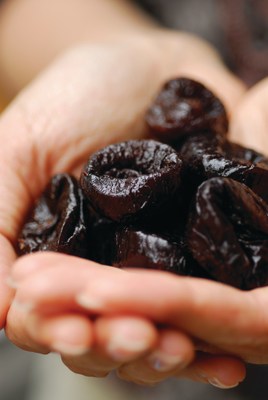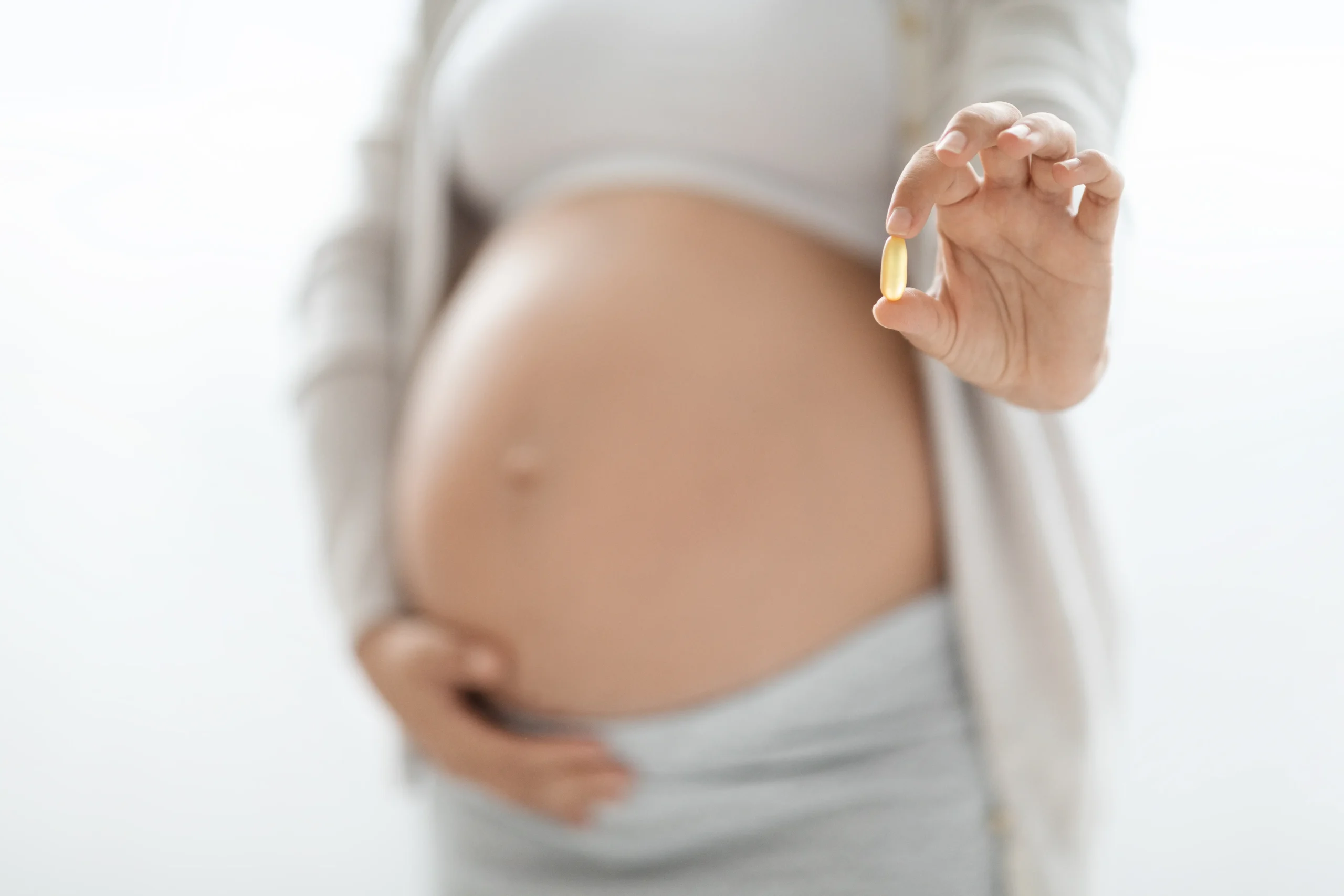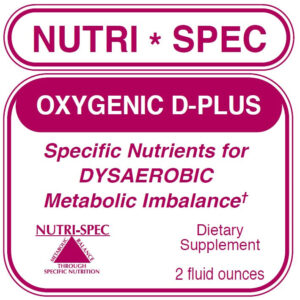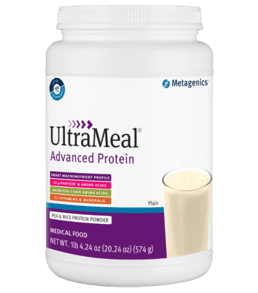Young athletes face high rates of injuries, with bone injuries among the most common, highlighting the importance of nutrition for developing bones. Prunes supply nutrients like vitamin K, potassium, copper, and boron that support calcium balance and bone mineralization, and evidence suggests prune consumption can help maintain and improve bone health.
SACRAMENTO, Calif., Oct. 12, 2016 /PRNewswire/ — Athletes of all ages are faced with bone-chilling odds when it comes to injuries. More than 2.6 million children, ages nineteen and under, are seen in emergency rooms for sports-related injuries each year 1 2 with bone injuries among the most common. Taking action to strengthen bones beginning at a young age is critical, and nutrition plays an important role.

Teenage athletes report injuries at about the same rate as professionals, yet these injuries differ from the pros because younger athletes are often still developing bone — ninety percent of peak bone mass is acquired by age 18 in girls and 20 in boys. Prunes contain vitamins and minerals such as potassium, copper, boron and vitamin K which help improve calcium balance and promote bone mineralization. One serving of prunes (4-5 prunes) has 100 calories, no added sugar and is considered an excellent source of vitamin K.
“It is essential that young athletes fully understand the importance of proper nutrition,” reports Kristine Clark, PhD, RD, FACSM and Director of Sports Nutrition at Pennsylvania State University (PSU) who has a fueling station in the sports nutrition office. “Since we began offering our student athletes prunes and educating them about the health benefits, we have found that they are embracing prunes as a real food snack option,” said Clark.
During the crucial development years, adequate nutrition plays an integral role in long-term bone health. For one example, young female athletes who do not consume enough calories may not develop bones to the normal strength. In some cases this could result in a sixteen-year-old girl having bones as weak as those of a sixty-year-old woman.
Prunes have a remarkable history when it comes to healthy bones. Research has been conducted to examine the connection between prunes and bone health. A recent clinical trial found that post-menopausal women who ate 100 grams of prunes per day (roughly two servings of prunes or 10-12 prunes) had improved bone mineral density and a decreased rate of bone turnover compared to a control group. The study was repeated with post-menopausal women eating only 50 grams of prunes per day (roughly one serving or 5-6 prunes), and the prunes helped to prevent the loss of bone mineral density. Additionally, emerging animal research indicates that prunes may help prevent bone loss in those exposed to radiation, such as astronauts, and may help to achieve peak bone mass during growth.











